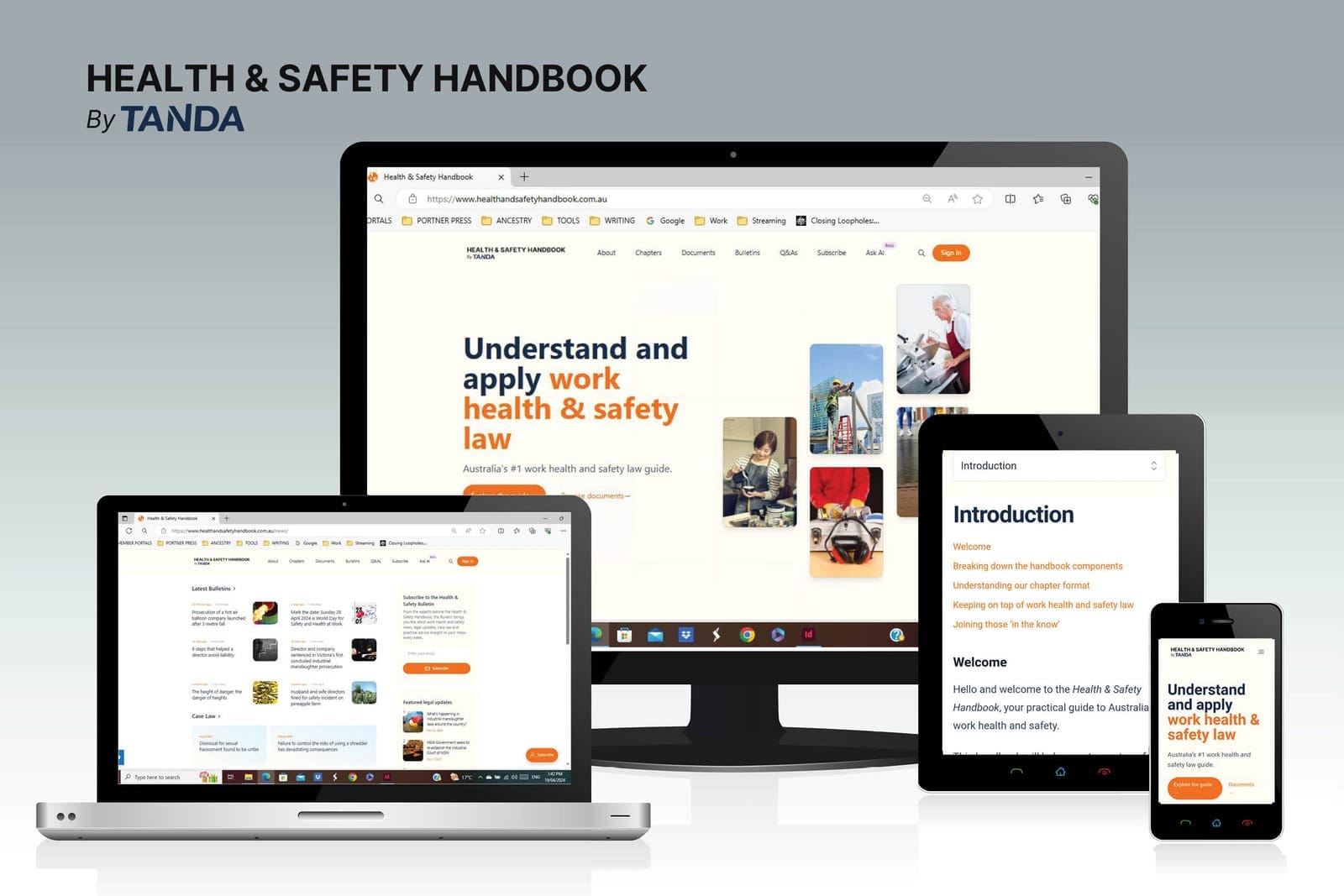Supported bargaining kicks off in early childhood education and care services industry
The early childhood education and care services industry is characterised by low rates of pay for its employees and complex staff retention issues. The road to improving this situation may have started with the recent approval of a supported bargaining application by the Fair Work Commission (FWC).
What is supported bargaining?
In 2022, the Fair Work Act 2009 (Cth) was amended to provide a stream for enterprise bargaining tailored for employers and employees in low-paid industries across Australia, where parties have experienced difficulty bargaining at the single-enterprise level.
To access this stream, the FWC must first make a supported bargaining authorisation, which it must do if satisfied that it is appropriate for the employers and employees (which may be some or all of the employers or employees specified in the application) that will be covered by the agreement to bargain together. This will be assessed having regard to:
- the prevailing pay and conditions within the relevant industry or sector (including whether low rates of pay prevail in the industry or sector);
- whether the employers have clearly identifiable common interests; and
- whether the likely number of bargaining representatives for the agreement would be consistent with a manageable collective bargaining process.
A further requirement is that at least some of the employees who will be covered by the agreement are represented by a union.
Application for NSW preschools
In IEU v Aberdare Pre-School Inc and Others (2024), the FWC granted the authorisation on application made by the unions to cover more than 100 preschools throughout New South Wales. Most of the affected employers were small to medium not-for-profit organisations managed by volunteer parent committees.
The FWC considered the authorisation was justified by the prevalence of the low rates of pay in the industry, being at or close to the award rates. In reaching this conclusion, the FWC compared the remuneration of teachers under the Educational Services (Teachers) Award 2020 and the Children’s Services Award 2020 with the significantly higher rates of pay afforded to public and catholic school teachers.
The FWC observed all the preschools operate on a not-for-profit basis, receive funding from the New South Wales Government, and are required to comply with the National Quality Framework. These considerations, as well as the common geographical location of the employers, led the FWC to conclude that employers have the necessary clearly identifiable common interest.

Get the latest employment law news, legal updates, case law and practical advice from our experts sent straight to your inbox every week.

